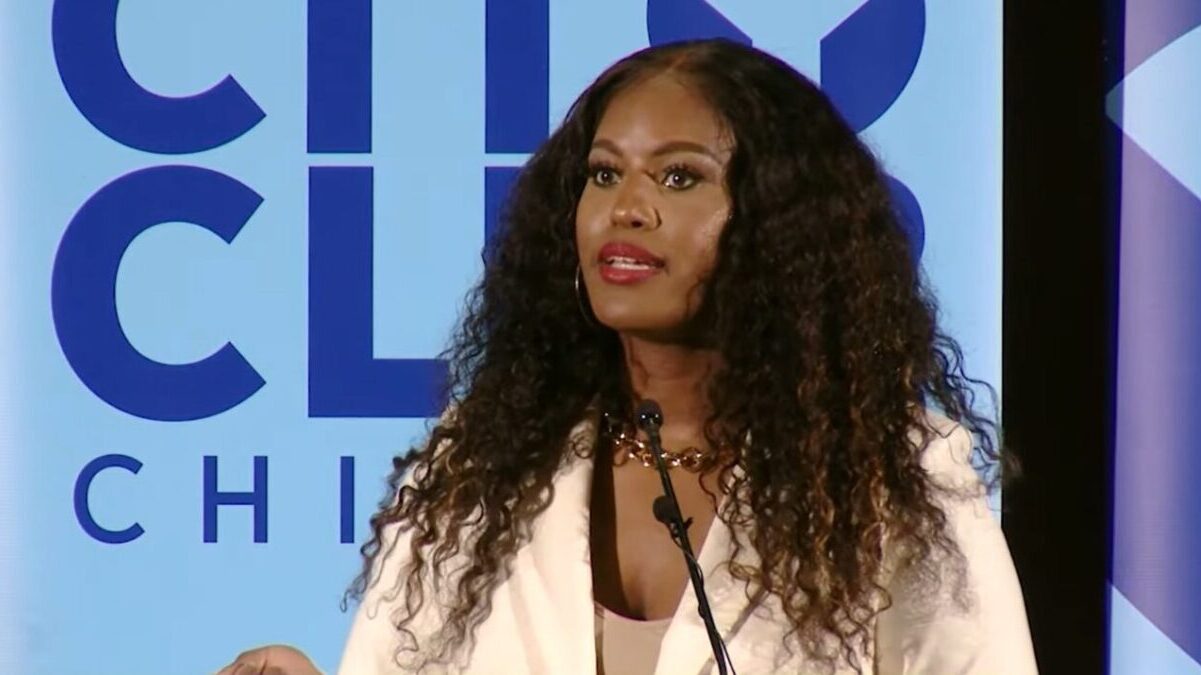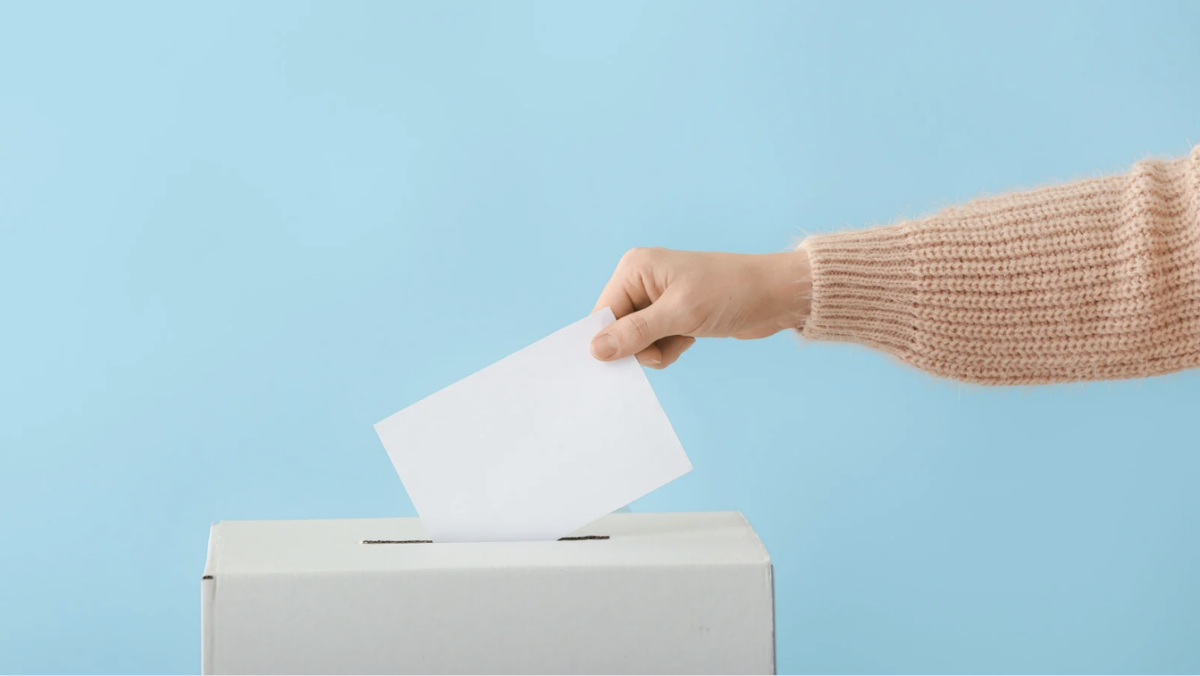Student loan borrowers refuse to pay, urging government to cancel debt
Student Loan Borrowers Boycott Payments in Protest
Some student loan borrowers are taking a stand and refusing to make payments in an effort to pressure the Biden administration into canceling all student loan debt. According to a survey conducted by Intelligent.com, approximately 25% of federal student loan borrowers have not made any payments, with 9% of those boycotting their payments doing so to push for debt cancellation.
The survey also revealed that 44% of those participating in the boycott believe that their protest will lead to the government canceling at least some federal student loan debt. Furthermore, 28% of respondents expressed confidence that the boycott is likely to succeed in canceling all student loan debt, while a staggering 86% believe that it will bring attention to the student loan issue.
The pandemic pause on student loan payments ended in October, resulting in nearly nine million people missing their first payment. This means that around 40% of the 22 million individuals with student loan payments due in October had still not made a payment by November.
Comparatively, less than 26% of borrowers missed their payment in October 2019, before the pandemic pause took effect in March 2020 amidst the COVID-19 pandemic.
In June, the Supreme Court struck down President Biden’s $430 billion student debt relief plan, which would have forgiven loans for 40 million people. Despite this setback, Biden remains determined to find alternative ways to provide relief to hard-working middle-class families.
Although Biden has managed to forgive over $116 billion in student loans for more than 3.4 million individuals, leftist lawmakers and activists continue to advocate for broader student debt relief. Critics argue that forgiving student loans is unfair to those who have already paid off their loans, as taxpayers ultimately bear the burden of government-funded debt relief.
The Intelligent.com survey found that 69% of borrowers who had not made a payment after the pause ended cited financial inability as the reason. Additionally, 18% of borrowers who had not resumed payments stated that they planned to wait until September, when more severe consequences for missed payments come into play.
For the next few months, the Biden administration has implemented an ”on-ramp” program to protect borrowers from the harshest consequences of missed payments, such as delinquency, default, and mandatory collections.
What are the concerns raised by critics of canceling student loan debt, and why do they believe individuals should be held responsible for their financial decisions
Ead to significant change and debt cancellation. These borrowers argue that the burden of student loan debt has become an unjust and unsustainable burden on individuals and the economy as a whole. They believe that canceling student loan debt would not only provide financial relief to millions of Americans but also stimulate economic growth by increasing consumer spending and freeing individuals to pursue higher-paying careers and entrepreneurial ventures.
The student loan debt crisis has reached unprecedented levels in recent years. According to the Federal Reserve, outstanding student loan debt in the United States has surpassed $1.7 trillion, making it the second-largest consumer debt category after mortgages. The burden of this debt is not limited to recent graduates but also affects individuals well into their middle age and even retirement. Many borrowers struggle to make regular payments on their loans, leading to financial distress, damaged credit scores, and limited opportunities for economic advancement.
Advocates for canceling student loan debt argue that it would be a necessary step towards addressing the systemic inequalities and barriers to upward mobility in America. The burden of student loan debt disproportionately affects minority and low-income communities, perpetuating the cycle of poverty and hindering social mobility. By canceling student loan debt, the government would be acknowledging the inherent flaws of the current system and working towards creating a more equitable society.
However, not everyone supports the idea of canceling student loan debt. Critics argue that such a move would unfairly benefit a small segment of the population while placing a heavy burden on taxpayers. They contend that individuals should be held responsible for the financial decisions they make and that canceling student loan debt would send a message that personal responsibility does not matter.
President Biden has previously expressed support for canceling $10,000 of student loan debt per borrower as a part of an economic relief plan. However, there is a growing movement pressuring him to go further and cancel all student loan debt. Proponents of this idea argue that $10,000 is not enough to alleviate the burden for many borrowers, especially those with higher levels of debt. They believe that canceling all student loan debt would provide a fresh start for millions of Americans and allow them to fully participate in the economy.
The boycott of student loan payments is a form of nonviolent protest aimed at drawing attention to the urgent need for debt cancellation. Advocates hope that by refusing to make payments, they can force the Biden administration to take definitive action on this issue. Time will tell whether this strategy will be effective in achieving their goal.
Regardless of the outcome of the student loan debt boycott, it has served as a powerful reminder of the deep-seated issues within the American higher education system. It has brought to light the need for comprehensive reform to address the skyrocketing costs of college education and the burden of student loan debt. Whether through debt cancellation, increased funding for higher education, or a combination of both, it is clear that action is needed to create a more affordable and equitable educational system that benefits all Americans.
" Conservative News Daily does not always share or support the views and opinions expressed here; they are just those of the writer."




